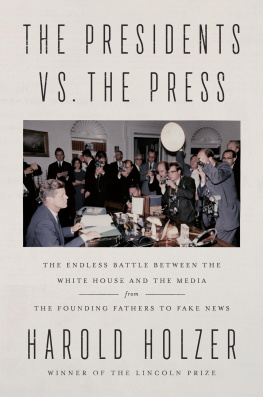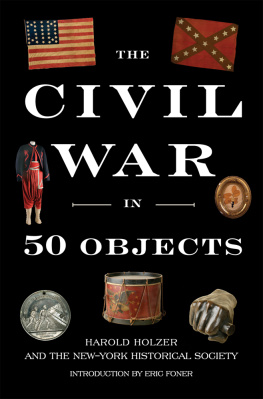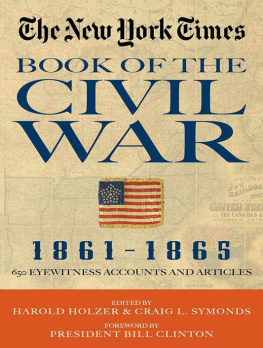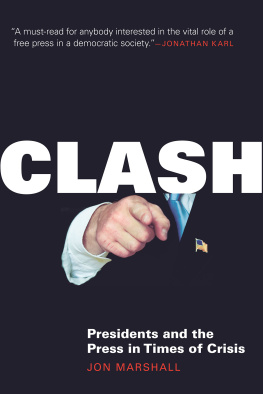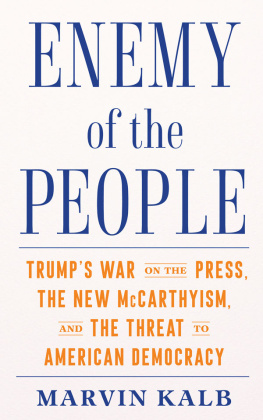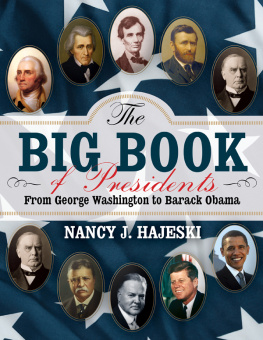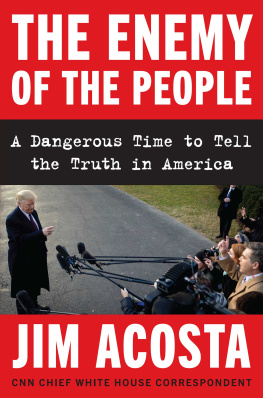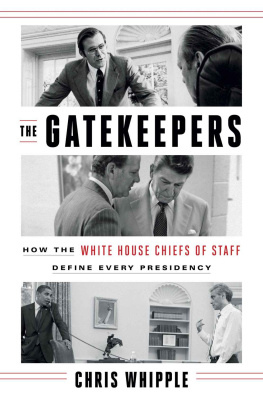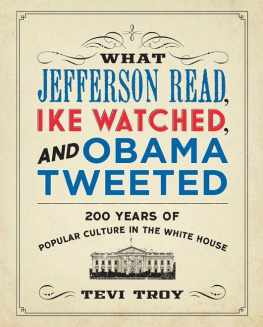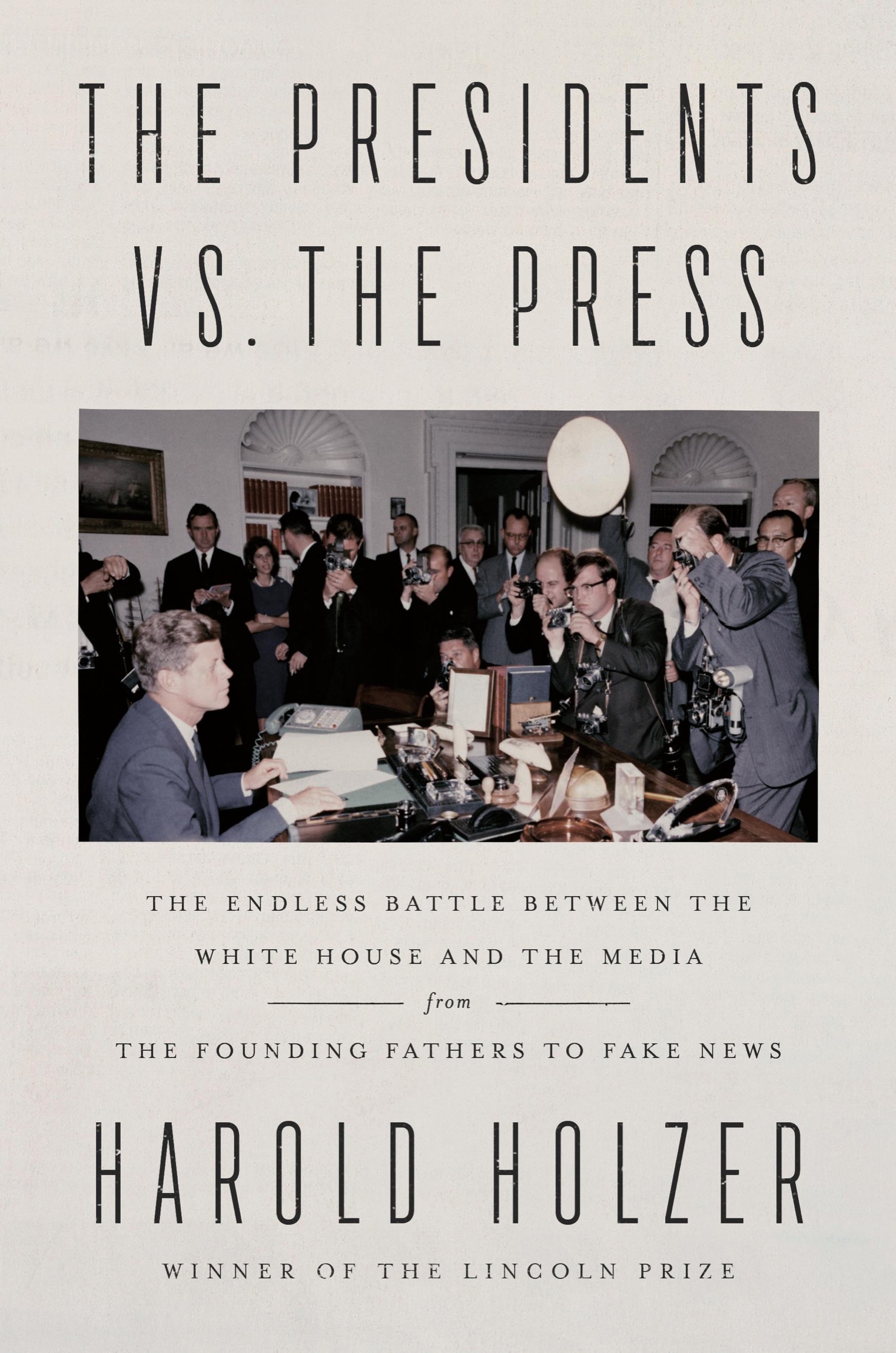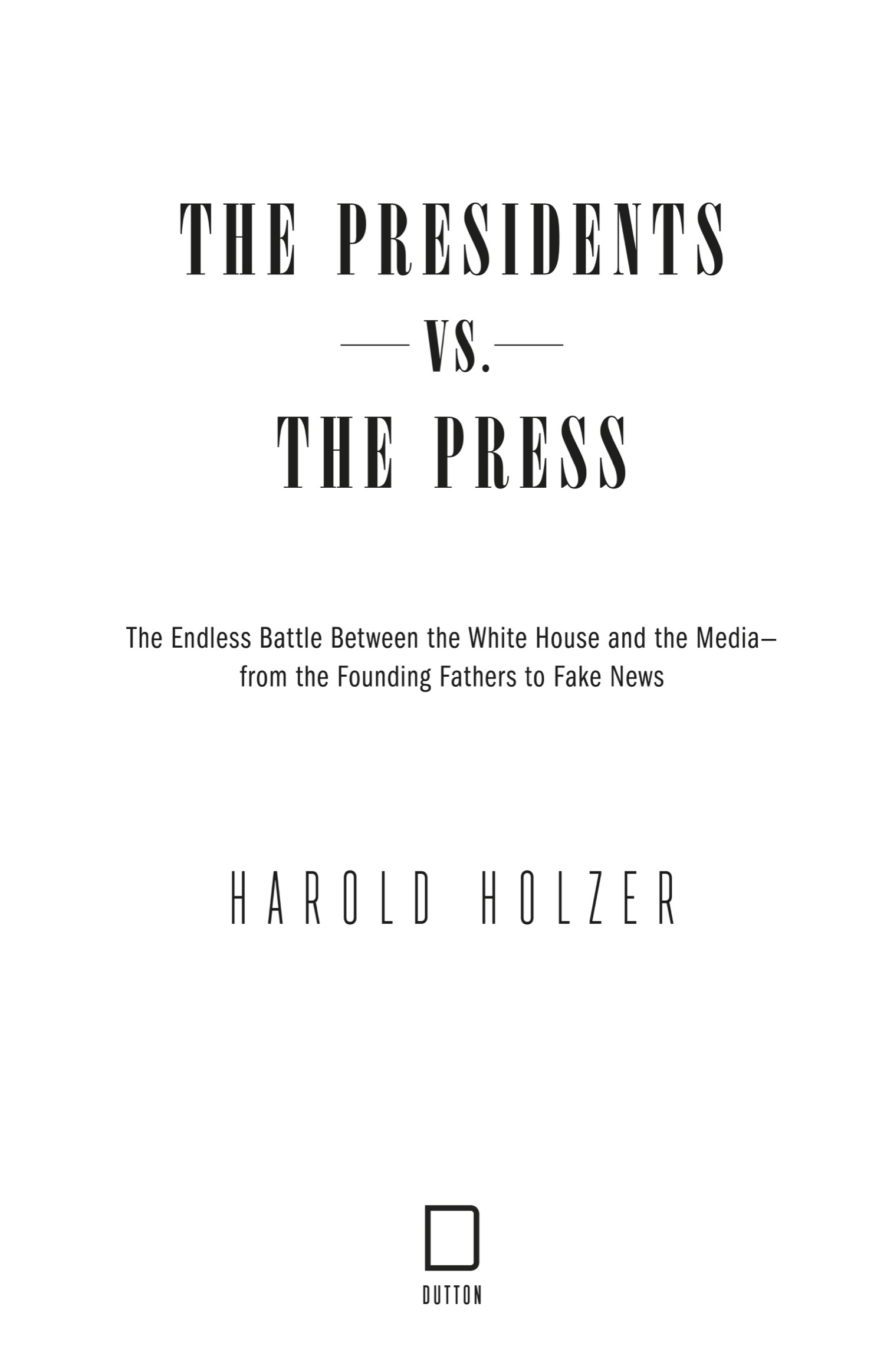Authored, co-authored, or edited by Harold Holzer
Monument Man
The Annotated Lincoln
A Just and Generous Nation
1865
Exploring Lincoln
President Lincoln Assassinated!
Lincoln and the Power of the Press
The Civil War in 50 Objects
1863: Lincolns Pivotal Year
Emancipating Lincoln
Hearts Touched by Fire
Lincoln on War
The New York Times Complete Civil War
Lincoln: How Abraham Lincoln Ended Slavery in America
Lincoln and New York
Lincoln President-Elect
The Lincoln Assassination Conspirators
The Lincoln Anthology
In Lincolns Hand
Lincoln and Freedom
Lincolns White House Secretary
The Emancipation Proclamation: Three Views
The Battle of Hampton Roads
Lincoln in the Times
Lincoln at Cooper Union
Prangs Civil Pictures
Lincoln Seen and Heard
Lincoln as I Knew Him
The Lincoln Forum
The Lincoln Mailbag
Dear Mr. Lincoln
Washington and Lincoln Portrayed
Mine Eyes Have Seen the Glory
The Lincoln-Douglas Debates
Lincoln on Democracy
The Union Image
The Lincoln Family Album
The Confederate Image
The Lincoln Image

DUTTON
An imprint of Penguin Random House LLC
penguinrandomhouse.com

Copyright 2020 by Harold Holzer
Jacket photograph: (cover) President Kennedy and members of the press at the signing of the Cuba Quarantine, October 23, 1962. (Photo by CORBIS/Corbis via Getty Images)
Penguin supports copyright. Copyright fuels creativity, encourages diverse voices, promotes free speech, and creates a vibrant culture. Thank you for buying an authorized edition of this book and for complying with copyright laws by not reproducing, scanning, or distributing any part of it in any form without permission. You are supporting writers and allowing Penguin to continue to publish books for every reader.
DUTTON and the D colophon are registered trademarks of Penguin Random House LLC.
LIBRARY OF CONGRESS CATALOGING-IN-PUBLICATION DATA
Names: Holzer, Harold, author.
Title: The presidents vs. the press: the endless battle between the White House and the mediafrom the founding fathers to fake news / Harold Holzer.
Other titles: Presidents versus the press
Description: New York: Dutton, 2020. | Includes bibliographical references and index.
Identifiers: LCCN 2020000679 (print) | LCCN 2020000680 (ebook) | ISBN 9781524745264 (hardcover) | ISBN 9781524745271 (ebook)
Subjects: LCSH: PresidentsPress coverageUnited StatesHistory. | Press and politicsUnited StatesHistory. | Mass mediaPolitical aspectsUnited StatesHistory.
Classification: LCC JK554 .H65 2020 (print) | LCC JK554 (ebook) | DDC 070.4/4935230973dc23
LC record available at https://lccn.loc.gov/2020000679
LC ebook record available at https://lccn.loc.gov/2020000680
While the author has made every effort to provide accurate internet addresses and other contact information at the time of publication, neither the publisher nor the author assumes any responsibility for errors or for changes that occur after publication. Further, the publisher does not have any control over and does not assume any responsibility for author or third-party websites or their content.
pid_prh_5.5.0_c0_r0
To Edith
With enormous love and much gratitude for the first 49 years
CONTENTS
I read only the Richmond Enquirer, and in that chiefly the advertisements, for they contain the only truths to be relied on in a newspaper.
THOMAS JEFFERSON
Newspapers villainously mislead the public through ignorance but more frequently from dishonest design.
ANDREW JACKSON
[T]ake possession by military force, of the printing establishments of the New York World, and Journal of Commerce, and hold the same until further order, and prevent any further publication therefrom.
ABRAHAM LINCOLN
There is great anger in our Country caused in part by inaccurate, and even fraudulent, reporting of the news. The Fake News Media, the true Enemy of the People, must stop the open & obvious hostility & report the news accurately & fairly.
DONALD TRUMP
INTRODUCTION
In the summer of 1793, five months into his second term as the unanimously elected president of the United States, George Washington caught sight of a gruesome caricature just published in a local newspaper. The crudely drawn pasquinade, meant to taunt him for tilting to Britain over France in foreign affairs, depicted the president with his head placed on a Guillotine, ready for execution in the manner of disgraced French royalty. The typically stoic Washington was incensed. His blood rising, he stormed into a cabinet meeting and, as his secretary of state, Thomas Jefferson, observed, got into one of those passions when he cannot command himselfin other words, flew into a rage.
As all his cabinet ministers looked on in astonishment, recalled Jefferson, Washington hurled the offending cartoon to the floor of the executive mansion and launched into a tirade on the personal abuse which had been bestowed on him by opposition journalists. The president [d]efied any man on earth to produce one single act of his since he had been in the government which was not done on the purest motives. Angrily repenting that he had not resigned the presidency earlier, he shouted that by god he had rather be in his grave than his present situation.
First in war, first in peace, and first in the hearts of his countrymen George Washington may have been, but he was also the first president to rant against negative press coverage, and anything but the last to believe himself egregiously maltreated by journalists. Even Jefferson, a staunch defender of the presss freedom to criticize presidents as long as Washington led the country, would endureand decrysimilar attacks once he occupied the White House.
The most recent president to respond angrily to press criticism is the most recent president. Donald Trumps relentless attacks on the journalists he brands enemies of the people fillmany opponents say, polluteboth social and mainstream media. Yet, in a way, Trump rails against the press much as his predecessors didjust more publicly, more often, and with faster and wider reach. Nearly all presidents, from Washington to Trump, have reacted to press criticism in this manner: treating what we now call the media as the enemy. Todays critics often complain that Trump circumvents the press to deploy his messages directly to the people through technologically advanced media, but so did Abraham Lincoln, Franklin D. Roosevelt, John F. Kennedy, and Barack Obama. Or that Trump obsesses about his press coverage; but so did Washington, Jefferson, Jackson, Theodore Roosevelt, and Lyndon B. Johnson. Or that Trump expects coverage of his personal life to remain off limits, as did FDR, JFK, and Bill Clinton.

